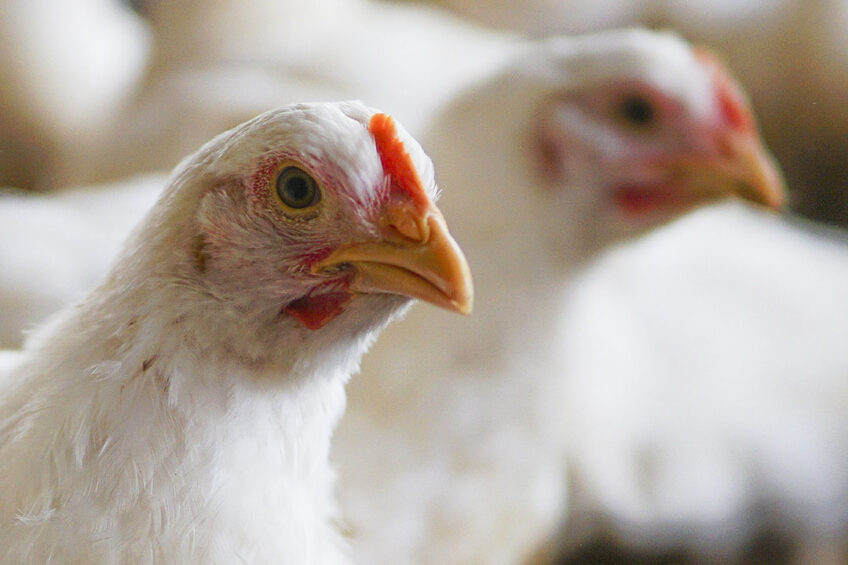Avian influenza: No one size fits all, says WOAH

Close collaboration and adherence to standards will help in the battle against bird flu, but there is no magic bullet to stem the spread of the virus.
That was the message from Dr Monique Eloit, World Organisation for Animal Health (WOAH) director general, following its first Animal Health Forum, which looked at the current challenges and perspectives for combatting avian influenza.
Since 2005, more than 500 million birds have been lost to the disease, threatening livelihoods and food security. Changes to the virus’ epidemiology have also heightened global concern, particularly as the virus has spread to new geographical regions, including South America.
Minimise the impacts of avian influenza
The forum, held during WOAH’s recent 90th General Session, brought together key stakeholders and the full membership of the Organisation to discuss how to minimise the impacts of avian influenza across sectors.
Participants discussed the impact of the disease, the fitness for purpose of existing prevention and control tools, the impact on international trade and the need to enhance global coordination.
Avian influenza vaccination
As expected, vaccination emerged as a critical point of discussion. Countries that previously relied on conventional methods to control avian influenza are now facing overwhelming challenges that have prompted them to explore additional measures. Alongside biosecurity, movement control and stamping out, WOAH’s General Assembly debated vaccination as a complementary tool and extensively discussed its associated implementation challenges.
It was recognised that a successful vaccination strategy must rely on authorised vaccines that closely match the virus strains in circulation and must be matched with robust disease surveillance.
Detect active infection in vaccinated animals
Dr David Swayne, disease expert and forum rapporteur, said: “Vaccinating is not the end; it is just the beginning. Vaccination application needs to be managed along the supply chain, including a surveillance programme to detect active infection in vaccinated animals.”
WOAH members adopted a resolution which will serve as a basis for shaping future avian influenza control activities while protecting wildlife, supporting the poultry sector and the continuity of trade. The Resolution also highlights the importance of countries respecting and implementing WOAH international standards to combat the virus. Recognising the compliant use of vaccination without negative consequences on trade as per WOAH standards further stresses the need for robust vaccination monitoring and disease surveillance systems.
Join 31,000+ subscribers
Subscribe to our newsletter to stay updated about all the need-to-know content in the poultry sector, three times a week. Beheer
Beheer











 WP Admin
WP Admin  Bewerk bericht
Bewerk bericht